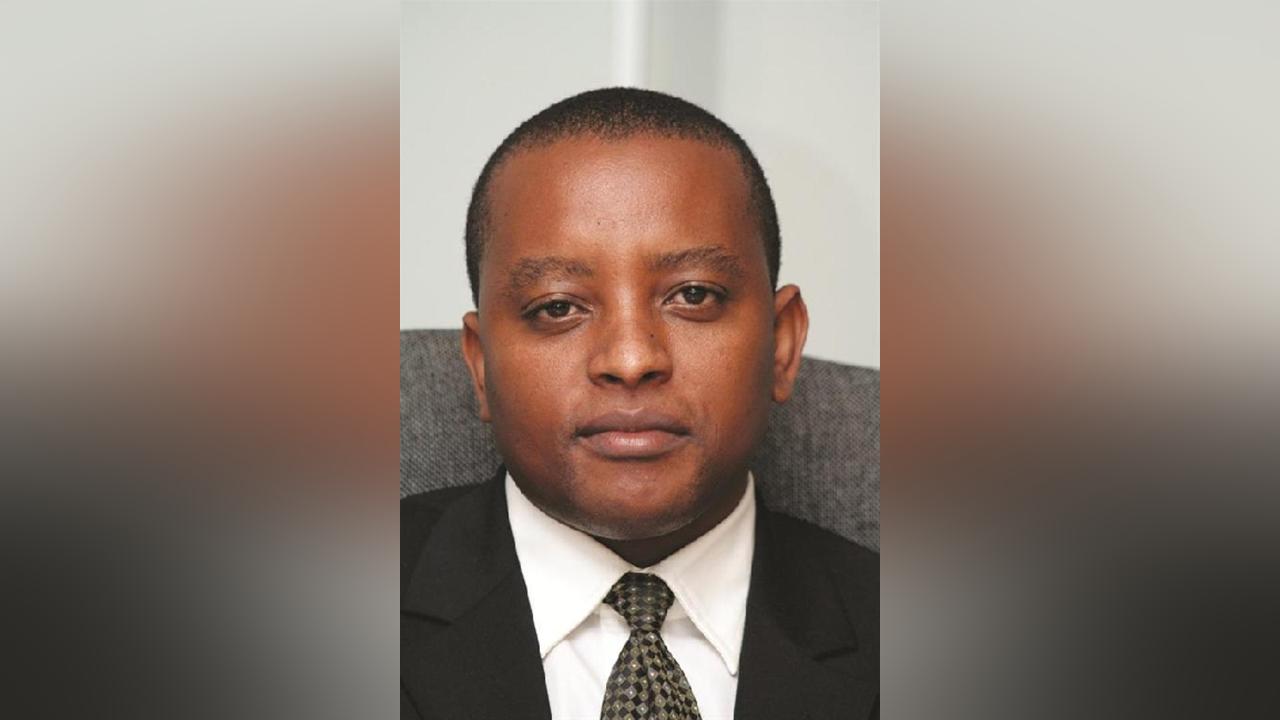Africa-Press – Namibia. SWAPO lawmaker Tobie Aupindi told parliament he does not support discussions about reducing the size of the public service, despite being concerned by high operational expenditure which will consume most of the country’s budget.
“The high operational expenditure which will be consuming most of the budget has been a point of concern, in particular the salary bill of the entire public service,” Aupindi said during his contribution to the budget debate on Tuesday.
However, Aupindi does not support calls to reduce the public service staff complement, now standing at 107 000.
President Hage Geingob last week advised members of the Public Service Commission to consider looking into the size of the public service which critics say is unsustainable.
“I am not from the school of thought which advocates the reduction of the workforce in the public service. Because population growth has gone up, urbanisation is increasing, the youth population has gone up, the demand for better roads, hospitals and schools has gone up and, therefore, requires more people to survive such activities,” Aupindi said.
“But what I am a proponent of, is improving operational effectiveness through eliminating spending loopholes and increased accountability. This is proven by the qualified audit opinion, in the audited financial reports for most of the local and regional councils, which are progressively presented to parliament.”
Though he expressed his support for the budget, Aupindi said the country needs to confront ballooning public debt.
“I am appreciative of the common concern that the public debt is a clear and present danger for the country and its economy going forward, as we are fast running out of fiscal space,” he said.
Meanwhile, the increasing budget deficit can only be arrested through mass job creation by the government, according to Mathias Mbundu of the Republican Party.
Mbundu also expressed concern about the high debt stock that stands at 68,2% of Gross Domestic Product (GDP).
He said the budget deficit can be addressed through labour intensive capital projects through public-private partnerships.
Rigorous tax collection on multinational and local companies is another measure to arrest the debt deficit, Mbundu said.
He called for the revitalisation of the local construction industry, through prioritisation of local companies, rather than international businesses.
Mbundu also contradicted finance and public enterprise minister Iipumbu Shiimi for touting the 2023/24 national budget as ‘pro-poor’.
“Our concern is how does this budget include the struggling working class and unemployed who are not direct beneficiaries of the limited social safety net?”
He said the construction industry, meant to absorb the youth, has been overtaken by foreign contractors, including the Chinese.
“The youth, who are learning to become skilled artisans today, have very little or no guarantee of finding employment. Jobs that are supposed to be reserved for them are in the hands of Chinese nationals in these big government construction contracts, while local contractors who would have hired them are slowly dying out,” Mbundu said.
Popular Democratic Movement (PDM) chief whip Elma Dienda also censured the finance minister for failing to reveal the total number of civil servants budgeted for.
“…as much as I appreciate your budget documents, you’ve distributed, I am still of the opinion that you want us to sign a blank cheque. Even when we are applying for entertainment allowances, one of the fundamental questions asked is ‘how many guests are we talking about?’ yet, in your budget documents I cannot see any referral to how many public servants we are referring to in this budget. I don’t know the staff complement of any of the said ministries,” she said.
Although Dienda commended Shiimi for showing interest in senior citizens, she described the N$100 increment for the monthly old age grant as insufficient.
Shiimi tabled the budget last month under the theme: ‘Economic Revival and Caring for the Poor’.
He said the budget is “about ensuring macroeconomic stability, as it is about sustaining livelihoods and supporting economic recovery. It is both pro-sustainability, pro-growth, and pro-poor”.
Henny Seibeb of the Landless People’s Movement (LPM) expressed his disappointment in the N$1,7 billion allocation to agriculture, which Shimi said addresses rural poverty and improves rural economic development.
“Again, you have disappointed us with a mere N$1,7 billion allocation to this sector. How do we achieve food security and food sovereignty with such allocation?”
Seibeb said he hoped for a N$10 billion allocation on the Medium Term Expenditure Framework period to solve the land and agrarian questions.
For More News And Analysis About Namibia Follow Africa-Press






